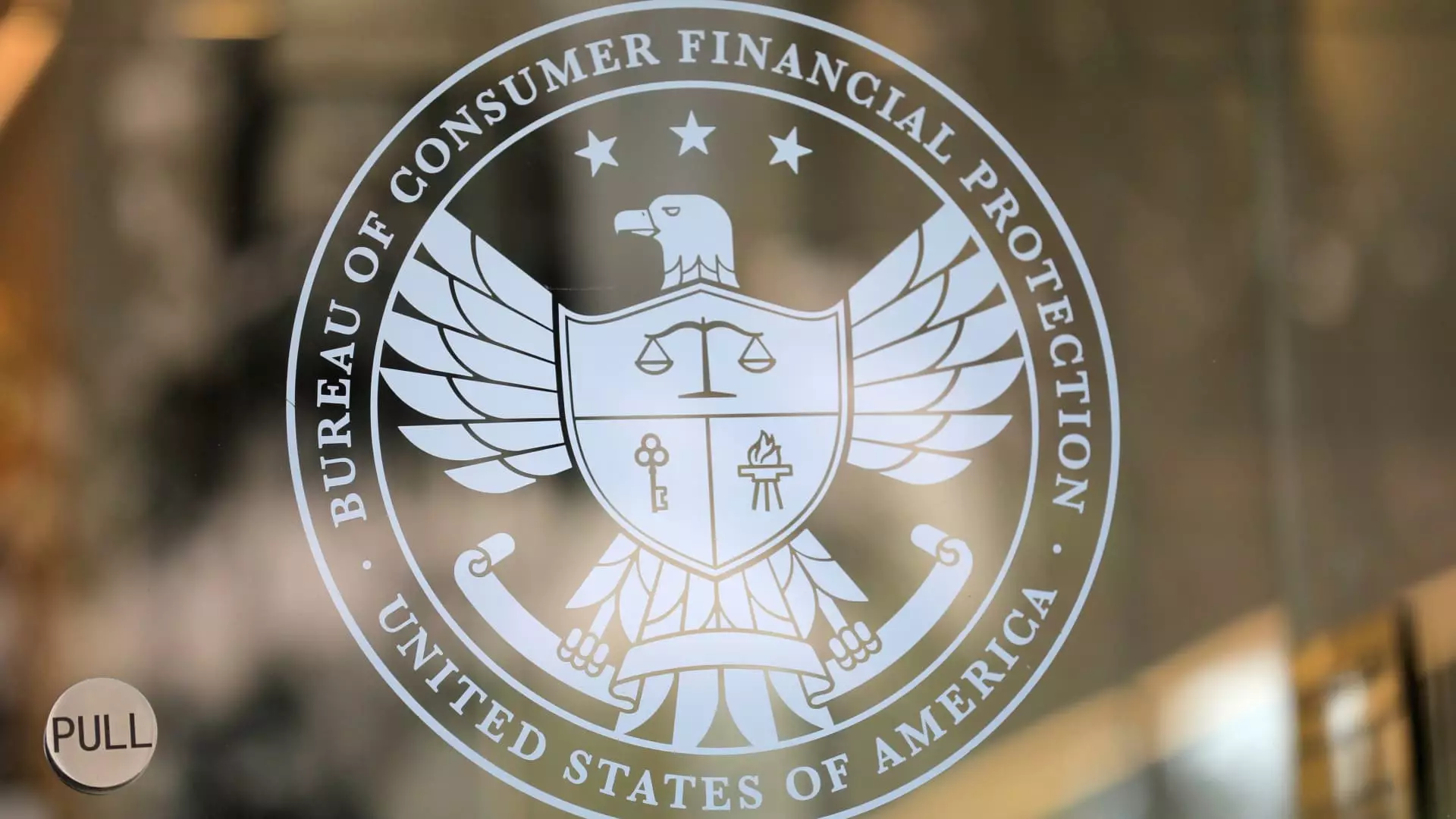The Consumer Financial Protection Bureau (CFPB) was instituted in the wake of the 2008 financial crisis as a bulwark against predatory lending, consumer exploitation, and convoluted financial practices that left many Americans at risk. Now, under the Trump administration, the CFPB faces unprecedented upheaval aimed at dismantling its protective mechanisms. This aggressive assault on a crucial regulatory body not only raises eyebrows but also evokes serious alarm for millions of consumers who may no longer have the advocacy or protection they desperately need.
From its inception, the CFPB was tasked with enforcing consumer protection laws, and until recently, it made significant strides in areas like capping bargaining impasses over overdraft fees and streamlining the regulation of payment apps. However, as we see the agency become a pawn in a political chess game, the future of these initiatives hangs in the balance, leaving consumers vulnerable and uncertain.
The Uncertain Fate of CFPB Employees
The specter of lay-offs looms large over the bureau. Legal wrangling with the Trump administration has resulted in paralyzing uncertainty about the agency’s fate. Initially, a federal judge blocked the administration from executing mass dismissals, but the administration’s insistence on downsizing the bureau’s workforce suggests that it aims to fundamentally reshape its ethos and operational priorities. Mark Paoletta, the acting chief legal officer of the CFPB, advocates for a drastic reduction in staffing to align with the new leadership’s vision. This plan has ominous implications.
Reducing the CFPB’s workforce—a goal highlighted by Paoletta—would undoubtedly cripple its ability to enforce consumer protections. Experts, like Ian Katz of Capital Alpha Partners, have articulated how a sizable staff reduction would fundamentally alter the bureau’s mission and efficacy. If oversight of financial institutions deteriorates, consumers are left vulnerable at the hands of unregulated corporate entities. This shake-up offers a profitable playground for financial institutions that may feel emboldened to act in ways that disregard the best interests of everyday Americans.
Shifting Regulatory Landscape—A Haven for Exploitation
With the Trump administration openly opposing regulatory scrutiny, there is a pervasive fear that the financial services landscape may transform into a haven for exploitation. Regulatory incoherence is not just a nuisance; it could lead to significant financial ruin for consumers who find themselves ensnared in deceptive practices with limited recourse. Phil Goldfeder, CEO of the American Fintech Council, emphasizes that a lack of clarity around regulations adds layers of risk for innovators and service providers in the financial sector. The vacuum created by the CFPB’s potential weakening opens the door for bad actors to operate with impunity.
The consequences are particularly dire for those in lower-income brackets, who are often the ones most deeply affected by irresponsible financial practices. The diminishing power of the CFPB portends a shift away from protective regulations that offer critical safeguards for these vulnerable populations.
Consumer Complaints in Limbo
Another troubling aspect of the CFPB’s current predicament is the uncertainty surrounding its complaint resolution process. In 2023 alone, the agency logged over 1.6 million consumer complaints—an alarming figure that underscores how frequently people seek assistance to navigate financial distress. However, the effectiveness of this database is now in jeopardy due to potential cutbacks in manpower and enforcement ability.
Without adequate staff to analyze and respond to these complaints, many consumers may find their issues unresolved, leading them back to the financial institutions they sought help against in the first place. As Adam Rust, director of financial services for the Consumer Federation of America, warns, the database could become a futile exercise in frustration rather than a powerful tool for consumer justice.
The Hostile Environment for Fintech Regulation
Deregulation threatens to foster an environment where financial technology (fintech) firms operate with a distinct advantage over traditional banks. Recent congressional actions signal an impending farewell to critical regulations that would have required fintech companies to adhere to the same standards as banks. Conversely, bank-operated systems like Zelle will continue to face stringent oversight.
This bifurcation creates an unlevel playing field, ensuring that consumers are left guessing as to which services are subject to regulation and which are not. The competitive landscape becomes not one of innovation and responsible service, but rather of market opportunism, as some firms exploit regulatory loopholes to their advantage.
A Call for Resistance
The alarming trajectory that the CFPB finds itself on necessitates a collaborative pushback against these destructive policies. State attorneys general from 23 states have taken a stand against the administration’s efforts to defund the agency, reflecting a growing acknowledgment that a robust consumer protection agency is vital for the financial well-being of American citizens. Advocating for the preservation of the CFPB and demanding that consumer rights remain a priority is essential for ensuring stability in an increasingly unpredictably regulatory environment.

